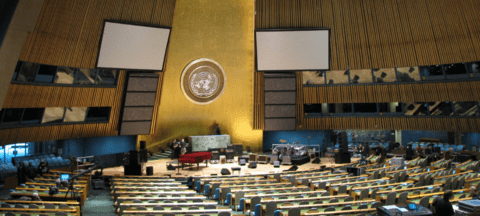A recent study puts forward a new weather modelling program
Fraser King is studying what deep learning algorithms can teach us about snow, especially annual snowfall and snowmelt in the context of climate change. In his latest study, which he undertook with a team of researchers that included Christopher Fletcher, his PhD supervisor and Waterloo Climate Institute member, he put forward his new weather modelling program under the name DeepPrecip.









